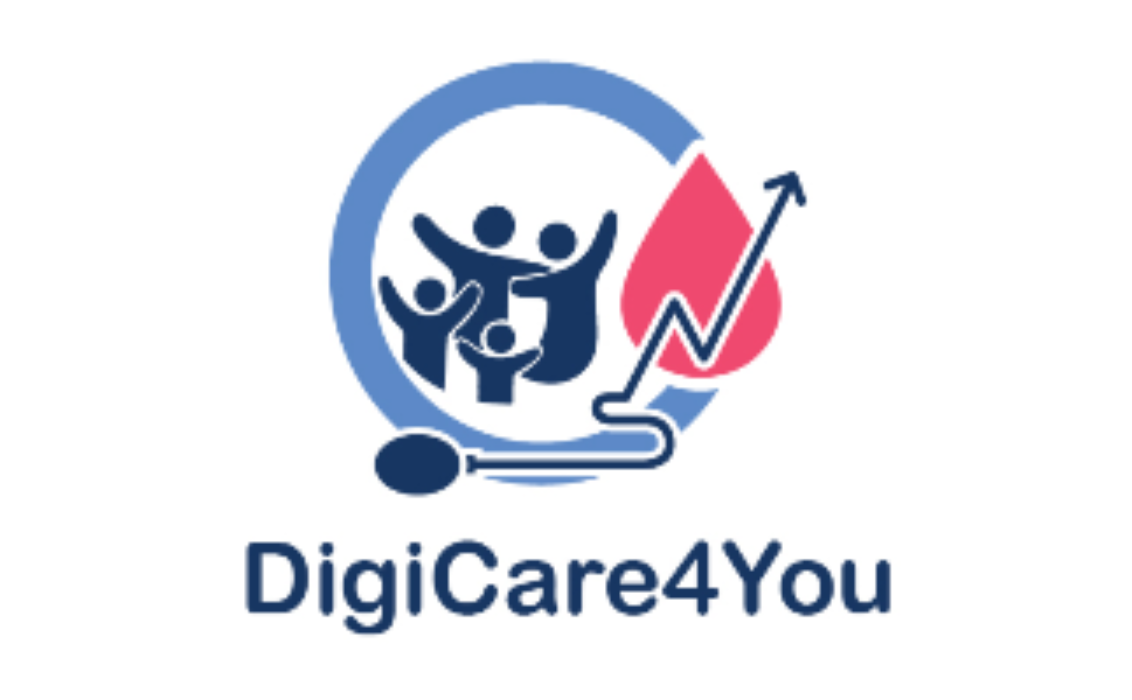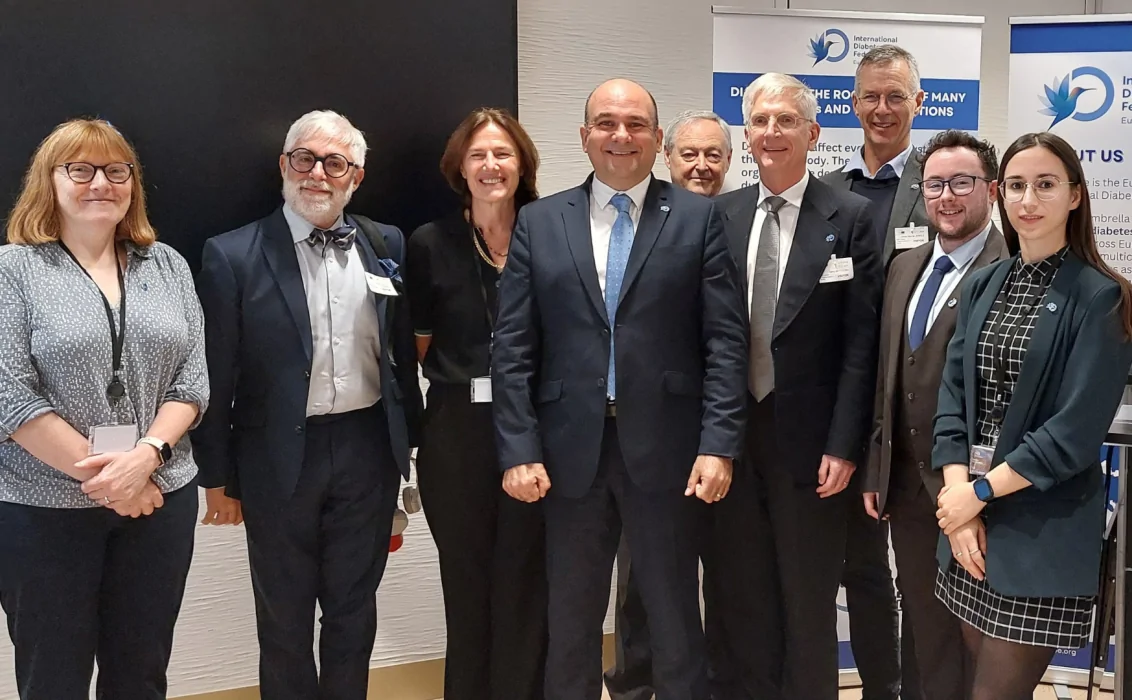In Europe, just under 60 million people live with diabetes and this number continues to rise. The onset of type 2 diabetes results from a complex interaction between a multitude of social, physical, genetic, and environmental risk factors, including nutrition and physical activity. As such, families tend to represent potential clusters in terms of the risk of developing type 2 diabetes, hypertension and other non-communicable diseases (NCDs). Improving nutritional intake, maintaining an adequate weight, and engaging in some levels of physical activity can help prevent or delay the onset of type 2 diabetes and other NCDs in some individuals.
Building on the success of the Feel4Diabetes study and the digital health solution BlueStar, DigiCare4You, a Horizon 2020-funded project, will identify at-risk families using schools as an entry point and will implement an m-health self-management intervention. The intervention is designed not only to improve the user’s health status but also empower the entire family to adopt a healthy and active lifestyle. In engaging schools and communities in the project, Digicare4You will also serve to promote health literacy, well-being and healthy lifestyles for all.
April 2021 marked the start of DigiCare4You. The project will be implemented in four European countries: two middle-income countries (Albania and Bulgaria) and two high-income countries (Greece and Spain). DigiCare4You involves stakeholders from the four implementation countries as well as partners within and outside the European Union. The kick-off meeting was the first opportunity for project partners to meet, albeit virtually, and launch this ambitious five-year cooperation. DigiCare4You is led by Harokopio University in Athens, coordinating a wide partnership including local stakeholders in Albania, Bulgaria and Spain, and other partners in the EU, Australia and the United States. During the two-day meeting, the work package leads presented their objectives and upcoming deliverables. Project partners discussed how to start organising collaboration and working towards the first tasks. These will include engaging local stakeholders and planning the first stage of screening in the implementation countries.
Building on its network of member associations across Europe, IDF Europe will be leading the communication and dissemination efforts to share the project’s progress and will also participate in setting up international, and local, stakeholder advisory boards. Additionally, IDF Europe will support activities designed to promote the scalability of the project to other countries and settings (a major element of the project) and ensure that the voice of people living with diabetes is fully represented throughout the development and implementation of the project.



